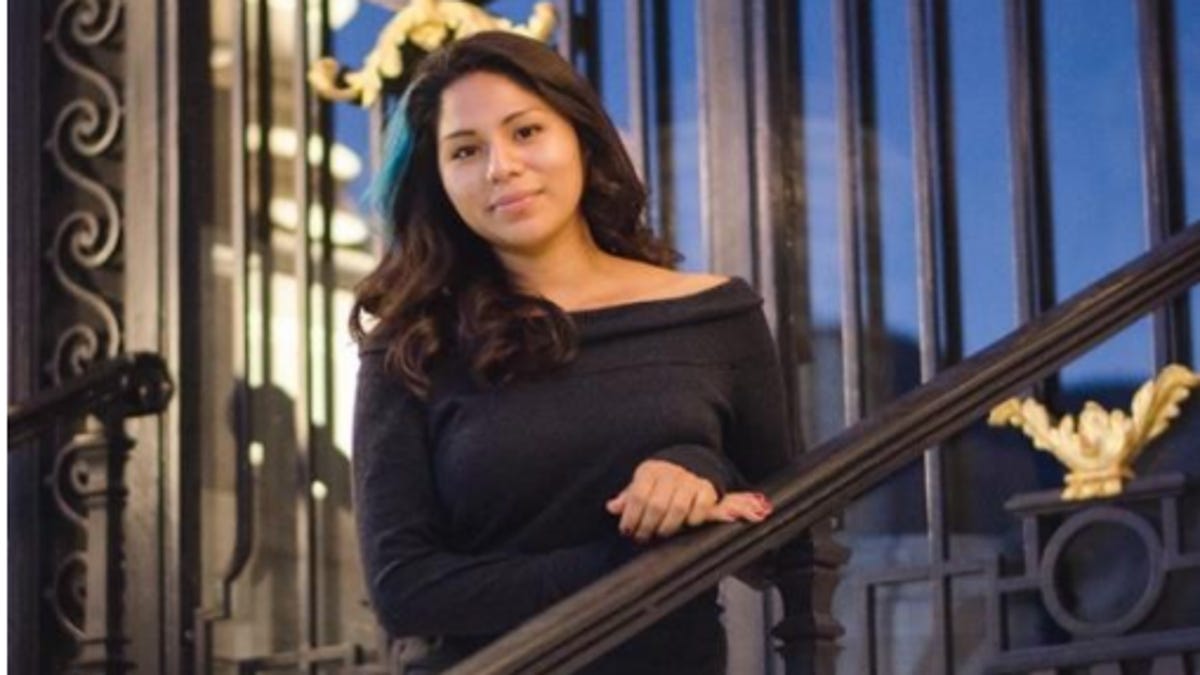Facebook, Twitter, Google sued by father of student killed in Paris terror attacks
A man whose daughter was killed in November's massacre accuses the companies of allowing ISIS to spread its propaganda on social media.
Facebook, Twitter and Google are on the receiving end of a lawsuit from a man who claims they're providing "material support" to terrorist groups such as ISIS.
Reynaldo Gonzalez, whose daughter Nohemi was among the 130 people killed in the Paris attacks last November, filed his lawsuit Tuesday in the US District Court in the Northern District of California. The suit specifically charges that the three tech companies "knowingly permitted the terrorist group ISIS to use their social networks as a tool for spreading extremist propaganda, raising funds and attracting new recruits."
Social media sites have become a valuable resource for terrorist groups to share their ideas and recruit people to the cause. These companies do have strict rules against posting hateful speech and will remove such messages and accounts when they're discovered. But the task is an immense one: a challenging search through the activity of hundreds of millions of users, combined with the fact that is easy to set up new accounts when old ones are shut down.
Gonzalez's suit alleges that without Twitter, Facebook and Google via its YouTube video-streaming site, the growth of ISIS over the past few years would not have been possible. ISIS recruiters communicate with members using the direct messaging features provided by the defendants, the suit said. The sites also are used to share promotional videos about joining ISIS, to ask for donations and to post images and videos of terrorist activities, the suit added.
The lawsuit said the complaint is not based on the content of the postings of ISIS but instead on the fact that the tech companies provide the infrastructure through which the terrorist group can operate. The suit also charges that the defendants profit from the ads placed on ISIS postings.
In statements shared with the Associated Press on Wednesday, Facebook and Twitter said the lawsuit is without merit. All three companies pointed to their policies against allowing extremist material. Twitter told the AP that it has "teams around the world actively investigating reports of rule violations, identifying violating conduct and working with law enforcement entities when appropriate."
Google shared the following statement with CNET:
Our hearts go out to the victims of terrorism and their families everywhere. While we cannot comment on pending litigation, YouTube has a strong track record of taking swift action against terrorist content. We have clear policies prohibiting terrorist recruitment and content intending to incite violence and quickly remove videos violating these policies when flagged by our users. We also terminate accounts run by terrorist organizations or those that repeatedly violate our policies.
Facebook sent CNET the following statement:
We extend our deepest sympathy to those affected by terror attacks. There is no place for terrorists or content that promotes or supports terrorism on Facebook, and we work aggressively to remove such content as soon as we become aware of it. Anyone can report terrorist accounts or content to us, and our global team responds to these reports quickly around the clock. If we see evidence of a threat of imminent harm or a terror attack, we reach out to law enforcement. This lawsuit is without merit and we will defend ourselves.
Gonzalez is calling on the court to declare that the defendants have violated and continue to violate the US Anti-Terrorism Act. He's also seeking unspecified damages.
Twitter did not respond to CNET's request for comment.
Nohemi Gonzalez was 23 when she was killed and was the only American known to have died in the attacks, the New York Times reported in November. According to the lawsuit, she was a student at California State University at Long Beach, where she studied industrial design. She was spending a semester in Paris at a design school.
Update, 1:19 p.m. PT: Adds statement from Facebook.


